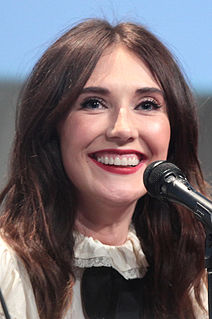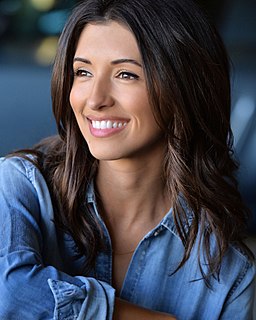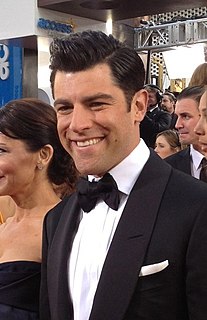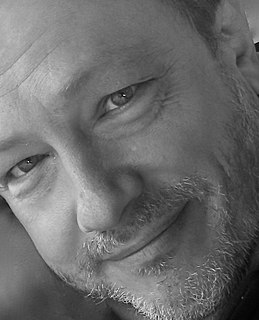A Quote by Carice van Houten
American actresses have more problems than I do; I'm lucky to be able to play what I want for a smaller audience, because I have my own country to do that in.
Related Quotes
If I would want to have a huge audience, I would make American movies, not French movies, because there is a limit of course with French language. If I prefer to shoot in my own language, it is to play with my language, to play in my Paris, and I have complete freedom in France. It's so amazing. If American directors could imagine how free I am, they would have asked for political asylum immediately.
[United States] are sovereign country, they are an independent country, but this is their limit; they don't have to interfere in any other country. Because of this interference for the last fifty years, that's why they are very good only in creating problems, not in solving problems. That's the problem with the American role.
I seek a diverse spectrum of roles. If I just was in a large-budget feature for a younger audience, then I want to find a smaller, more character-driven piece that might be for a more mature audience. Or if I'm playing a goofier character, then maybe I want to go play a serious, psychopathic character. But at the same time, it's usually a case-by-case basis where I'm judging the merit of a role by the script I'm given, and it usually has less to do with the larger framework and more to do with how the part personally appeals to me in that moment.
More and more smaller entities, such as Politico or TechCrunch, have been able to come out of nowhere and own entities. Dealbook, like them, now has an even greater opportunity, through additional resources, to drill down and offer even more breaking news and deep analysis of the issues that matter to our audience.
I like playing at public schools. I like when there's more of a diverse audience. I'll play wherever people want to hear my music, and I'll be glad and grateful for the opportunity, but I'd rather not play for a bunch of white privileged kids. I'm not meaning that in a disrespectful way; you go where people want to hear your music. So if that's where people want to hear me play, I'm glad to play for them. But I'd rather play for an audience where half of them were not into it than one where all of them were pretending to be into it, for fear of being uncultured.
The truth is few people “think” big and even fewer “play” big. Why? Because “big” often means big responsibilitie s, big hassles and big problems. They look at that “bigness” and shrink. They’re smaller than their problems. They back away from challenges. Ironically, they back themselves into the biggest problem of all ... being broke, or close to it.
I think one of the core ideas in America has always been conversation and being able to question our systems of government, and being able to dictate our own communities and how we want this country to work. And I feel like we're losing part of that because of the way that even our current political campaign is centered more around celebrity than anything else, and so we're kind of losing conversation. We're still having conversations, but they seem to be more about like Donald Trump's hair and like memes of his face more than anything else.




































